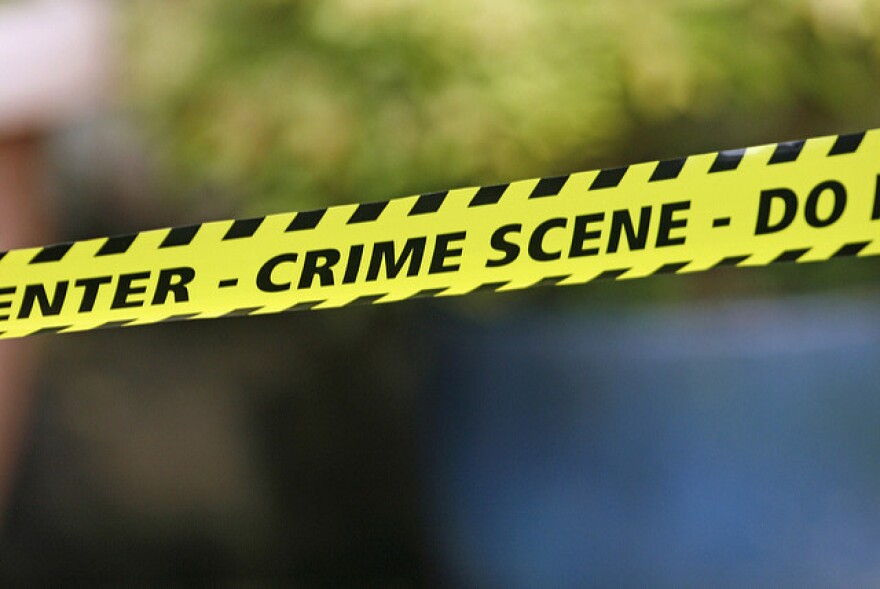In the Texas church shooting the perpetrator did have a history of mental health problems and violent behavior. But mental health professionals warn such incidents are complex, people with mental illness are far more likely to be victims, and other factors are more predictive of extreme violence.
Read our story on this show: In Wake of Texas Massacre, Calls For Closer Look at Link Between Mass Shootings and Suicide.
GUESTS:
- Peter Evers, president and CEO of Riverbend Community Mental Health; he is also a licensed clinical social worker.
- Dr. Nicole L. Sawyer, a clinical psychologist who specializes in trauma; she treats combat veterans and first responders and serves as vice chair of the NH Legislative Commission on PTSD and Traumatic Brain Injury.
- Dr. Daniel Potenza, psychiatric medical director for the N.H. Department of Corrections and chairman of the N.H. Suicide Prevention Council.
Related Reading
Untangling gun violence from mental illness: The news often portrays people with psychiatric disorders as a danger to others, when suicide is the much greater risk.
Art Levine, writing in Newsweek, says most definitive research indicates that males with schizophrenia are four to five times more likely to act violently than average citizens, mostly due to their higher rates of substance abuse—even though it's also true that people with a serious mental illness are 11 times more likely to be the victims of violence rather than its perpetrators.
Vox author Christopher Strain asks: Is America Becoming More Violent?


